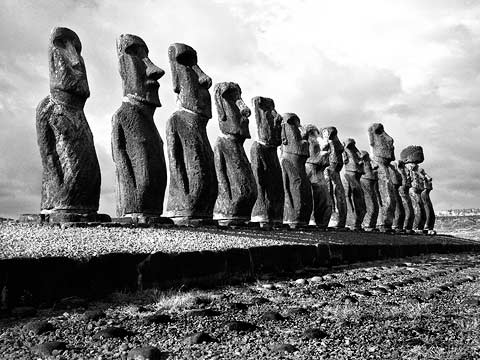The guest on a very good episode of Russ Roberts’ EconTalk this week was Cornell economist Robert Frank. One highlight late in the show was a debate about smoking bans. The host, a non-smoker, argued against them, while the guest, who began smoking as a teenager, spoke for them. I go along with smoking bans not because it makes me deeply sad whenever I see someone with a cigarette (though it does), but because employees in, say, bars shouldn’t be prone to secondhand smoke. And while they have the freedom to not work in such an environment, that right is limited by opportunity. I’ll pay more to supplement health insurance for smokers, but I don’t want my health or anyone else’s to be compromised by a smoker’s behavior. That’s why I’m not in favor of a ban on large sodas. While people who down gigantic sugary drinks are harming themselves and costing us more in healthcare, you’re going to catch diabetes from them. Education is the best way to reverse that problem.
The other highlight, though that’s admittedly an odd word choice given the dire subject, was Frank’s chillingly straightforward description of climate models in response to a question about a carbon tax. The whole planet is essentially a chain smoker. An excerpt:
“If you read the climate science literature, though, I think there’s less ambiguity here than many believe. The science is inexact; that’s the first thing that the climate scientists themselves will stress. They have no idea really where this is going exactly. What we know, though, is that every estimate that’s come in has been dramatically more pessimistic than the one from a year ago. And the best simulation model that we have, the MIT Global Climate Simulation Model, in a recent set of simulations estimated that by the end of this century, by 2095, not even quite the end of the century, there is a 1 in 10 chance that we are going to see an increase of average global temperature by more than 12 degrees Fahrenheit. And if that happened, 1 in 10, the model is uncertain, so it could be 1 in 5, it could be 1 in 3, it could be 1 in 20–we don’t know–but let’s take their estimate at face value, 1 in 10, then we get 12 degrees increase. All the permafrost melts; all the methane, the billions of tons of methane are released into the atmosphere, each ton 50 times more powerful than CO2 as a greenhouse gas. That’s essentially the end of life as we know it on the planet.”
Tags: Robert Frank, Russ Roberts

